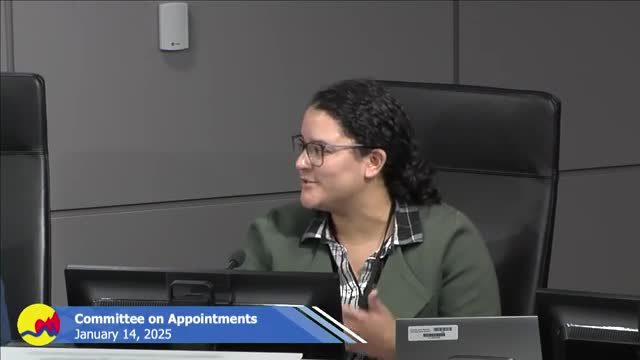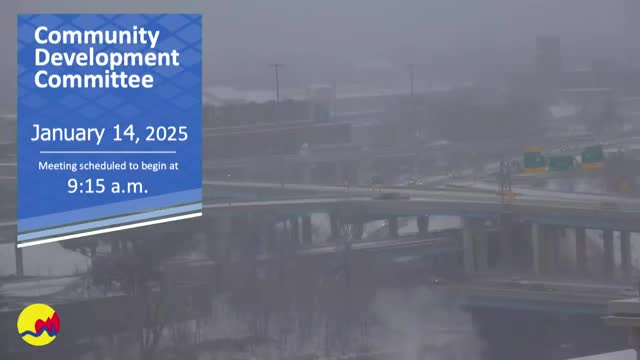Article not found
This article is no longer available. But don't worry—we've gathered other articles that discuss the same topic.

Grand Rapids commission approves mayor vehicle allowance; mayor recuses himself from vote

Grand Rapids officials outline water system condition, risks and $160M five‑year capital estimate

Grand Rapids launches city land bank; 106 properties to transfer from state authority in February

